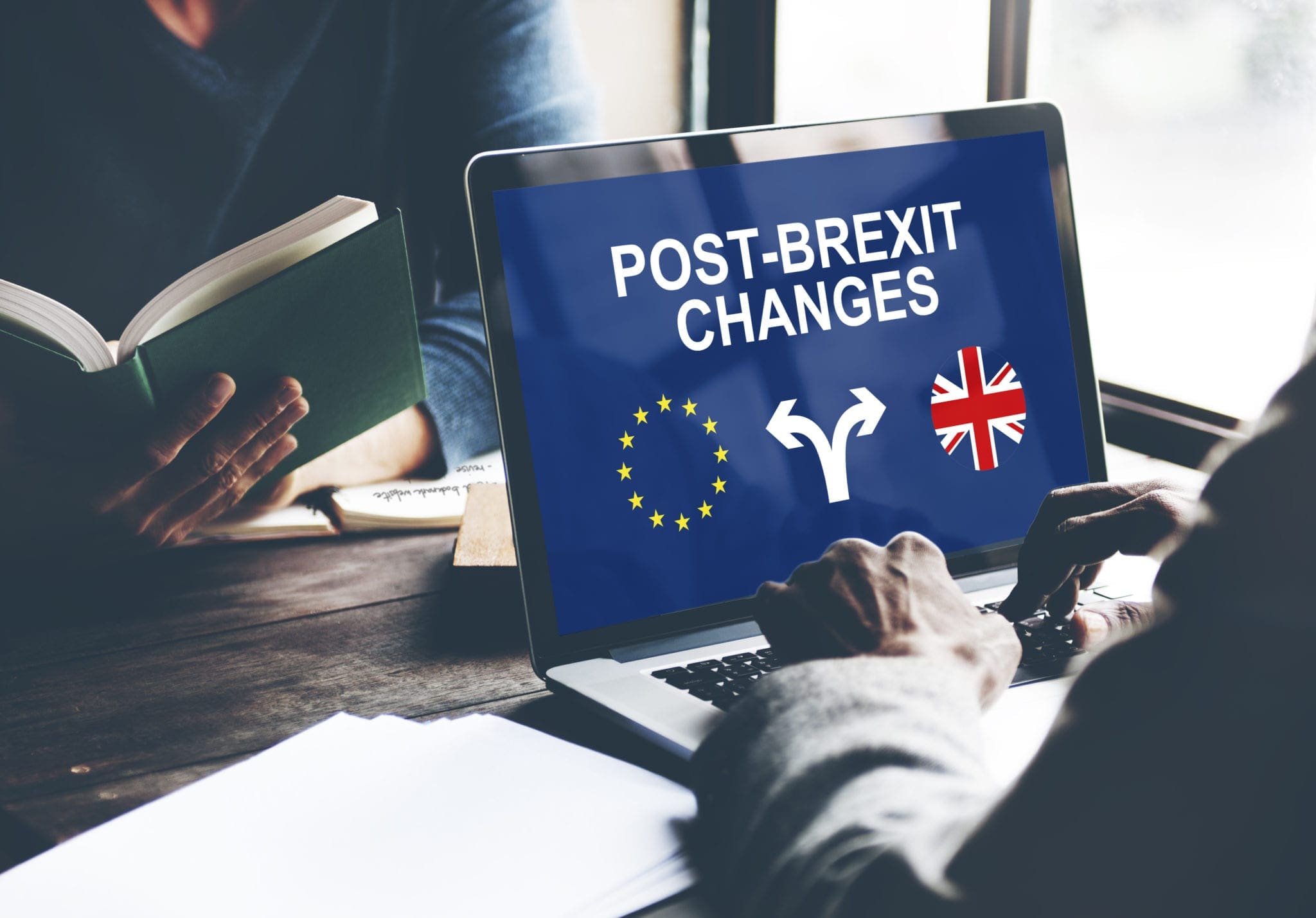How is Brexit affecting ecommerce – import and export charges
E-commerce allows customers and businesses to buy and sell easily to locations all around the world. However, one new consequence of Brexit that many people are still unaware of, is new customer charges on the receiving end when buying/selling between the UK and EU.
This blog post will tell you all the key information you need to know.
What is the issue?
Now that the UK has left the EU, custom duties, VAT and additional charges are being passed onto the consumer at the receiving end.
Before leaving the EU, goods in the UK would be able to move freely between it and member states, with no import taxes imposed. This is now no longer the case.
These charges are imposed by new government rules and have now become the job of the courier firms to collect.
How does this affect the consumer when receiving their items?
This means that the buying consumer will need to pay charges (customs, VAT) on any goods they receive from the EU.
These charges cannot be paid in advance and the total charge is only applied when the item reaches the UK. This means that the consumer, or the retailer will know the exact charges before the item is shipped. As a result, many people will need to take a trip to the post office or pay online, before their item is released.
A further consequence of the new charges is that deliveries to the consumer can be delayed while these new fees are levied and paid, meaning it will take longer for the consumer to receive their item.
What value items do these new rules affect?
With the new rules, anyone receiving gifts worth more than £39 may face import VAT (charged at 20% for many items).
For goods costing over £135, this is where customs duties may also apply. This can range from 0% to 25%.
You can consult the government trade tariff service here where you can get a guide on duty and VAT fees.
What changes have been made by delivery companies?
Some delivery firms have added “handling fees”. Royal Mail have added a £8 fee due to “the cost of clearing items through customs”.
DHL have started charging customers 2.5% of the amount paid to clear customs, with a minimum payment of £11. TNT have also added an £4.31 onto all shipments due to “the increased investment it has had to make in adjusting its systems to cope with Brexit.”
How do the new rules affect the rights of consumers?
- There is still the 14 days for online shoppers to return items under the Consumer Rights Act. However, shoppers may now find this difficult due to the new extra charges needing to be paid.
- It becomes harder to settle disputes if shoppers believe they have had to pay hidden charges that there were not aware of. beforehand These disputes can no longer be settled in UK courts and will need to be settled in the country where the seller/sender is located.
- This issue also affects any parcels or gifts that are sent from England, Scotland or Wales to the EU and require one of a variety of customs form attached to it.
You can find out more information here
How we can help at O’Brien Media
If you need help with e-commerce for your business, please get in touch with one of the O’Brien Media team who would be happy to assist!


